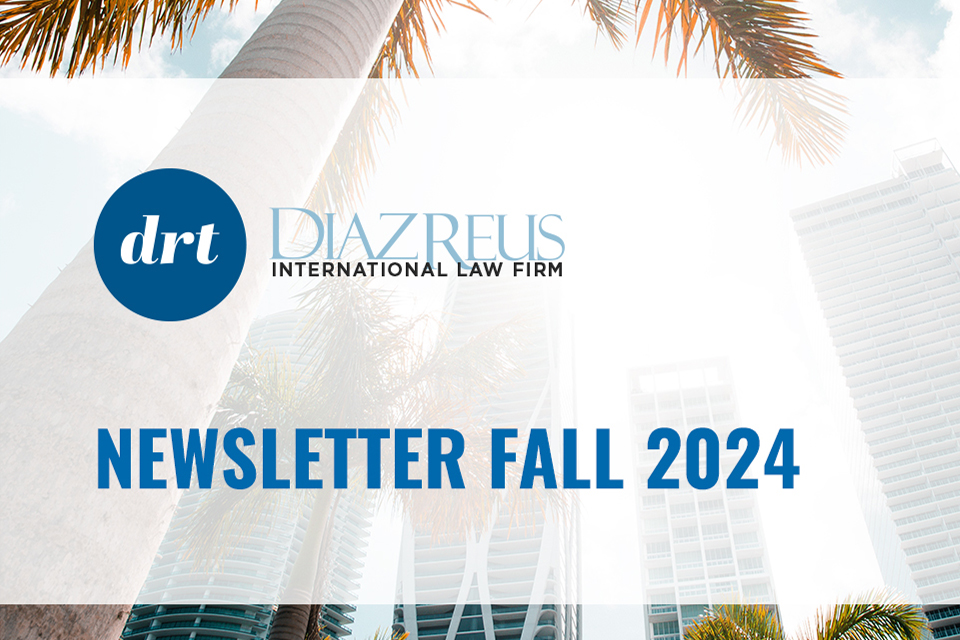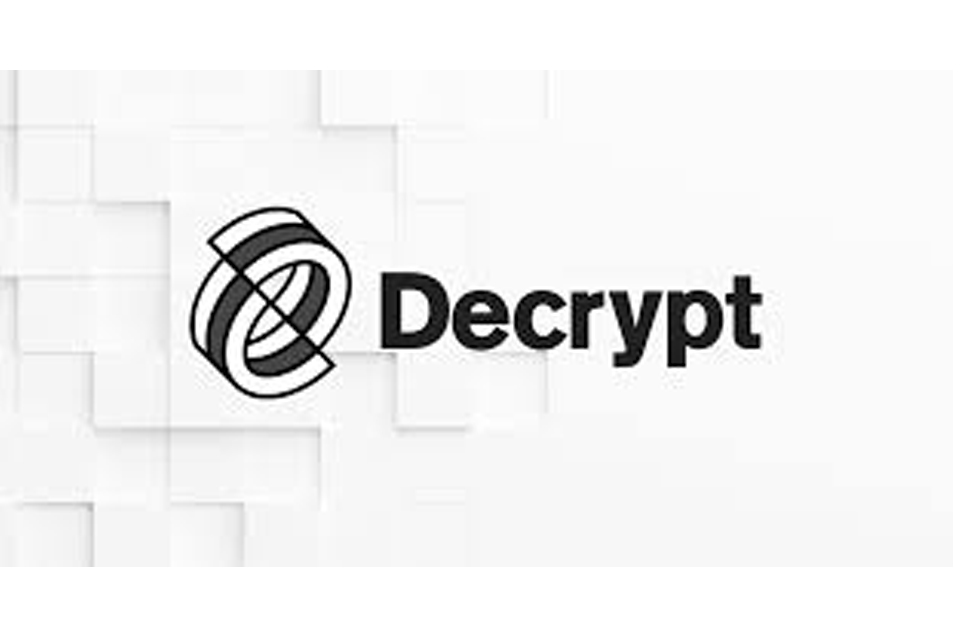On July 9, 2020, the U.S. Treasury Department’s Office of Foreign Assets Control (“OFAC”) sanctioned the Xinjiang Public Security Bureau (“XPSB”), together with four government officials of the People’s Republic of China (“PRC”) pursuant to the 2016 Global Magnitsky Human Rights Accountability Act (“GLOMAG”) and Executive Order (“E.O.”) 13818 of December 20, 2017, “Blocking the Property of Persons Involved in Serious Human Rights Abuse or Corruption.” Specifically, OFAC added both XPSB and the PRC officials to the list of Specially Designated Nationals and Blocked Persons (“SDN List”) for their alleged connection to serious human rights abuses against ethnic minorities in China’s Xinjiang Uyghur Autonomous Region, “which reportedly include mass arbitrary detention and severe physical abuse.”
DRT Commentary
Consequences of These Sanctions
Pursuant to GLOMAG and E.O. 13818, the U.S. Government may sanction foreign persons believed to be involved in serious human rights abuse or corruption in a foreign country, as well as those who assist or provide material support, including goods and services, to the sanctioned persons or activities. These foreign persons are added to OFAC’s SDN List, and all of their property and interests in property, within or transiting U.S. jurisdiction or in the possession or control of U.S. persons, are categorically blocked and must be reported to OFAC. Additionally, unless authorized by a general or specific license issued by OFAC, U.S. persons or foreigners conducting business in U.S. territory, with U.S. persons, or using U.S. goods or services are prohibited from engaging in transactions with the sanctioned entities and individuals, as well as with entities in which the sanctioned parties have, directly or indirectly, 50% or greater ownership interest. Individuals and entities found to be in violation of OFAC sanctions, whether U.S. or foreign, will be exposed to significant civil and criminal penalties, and may themselves be added to OFAC’s SDN list through the enforcement of secondary sanctions.
The GLOMAG sanctions of July 9, 2020 against both the XPSB and certain PRC officials are part of the U.S. government’s active and ongoing efforts at deterring perceived human rights abuses in Xinjiang. On July 1, 2020, the U.S. Department of State (“DOS”), along with the U.S. Department of the Treasury, the U.S. Department of Commerce (“DOC”), and the U.S. Department of Homeland Security, issued the “Xinjiang Supply Chain Business Advisory,” alerting businesses with potential supply chain exposure to Xinjiang to consider the reputational, economic, and legal risks of involvement with entities that engage in alleged human rights abuses in that region of China, such as forced labor. Additionally, on May 22, 2020 and October 9, 2019, the DOC added nine PRC entities believed to be involved in human rights abuses in Xinjiang to the Commerce Entity List. Also, in October 2019, the DOS announced a visa restriction policy under the Immigration and Nationality Act for officials allegedly responsible for, or complicit in, human rights abuses in Xinjiang. Finally, the Uyghur Human Rights Policy Act of 2020, which President Donald J. Trump signed into law on June 17, 2020 after receiving near-unanimous approval by both houses of Congress, requires multiple U.S. Government agencies to report on rights abuses occurring in Xinjiang, and to identify and designate PRC officials and other individuals who are believed to be carrying out such abuses for future sanctions designations.
Legal Options for Sanctioned Individuals and Entities
Anyone placed on the SDN List by OFAC under GLOMAG has the right to seek removal under an administrative process known as “De-Listing.” To be removed, listed individuals and entities must file a written request with OFAC showing that an insufficient basis exists for OFAC’s sanctions, or that the circumstances resulting in OFAC’s sanctions no longer exist.
After a De-listing request is submitted, OFAC may request additional information before rendering a written decision. If the request for De-Listing is granted, the person’s name, along with related identifying information, are removed from the SDN List. And, if OFAC denies the De-Listing request, administrative remedies are deemed exhausted and listed individuals and entities can subsequently file a civil action with a U.S. District Court seeking judicial review of OFAC’s actions under the Administrative Procedure Act. In such a civil action, sanctioned individuals or entities may argue that OFAC’s action should be reversed on grounds that it was arbitrary, capricious, an abuse of discretion, or otherwise not in accordance with law.
Info: Michael Diaz, Jr., Javier Coronado

















































































![Especial abogados Salón de la Fama[61] 4](https://diazreus.com/wp-content/uploads/2023/06/Especial-abogados-Salon-de-la-Fama61-4-1-pdf.jpg)



























































































































































































